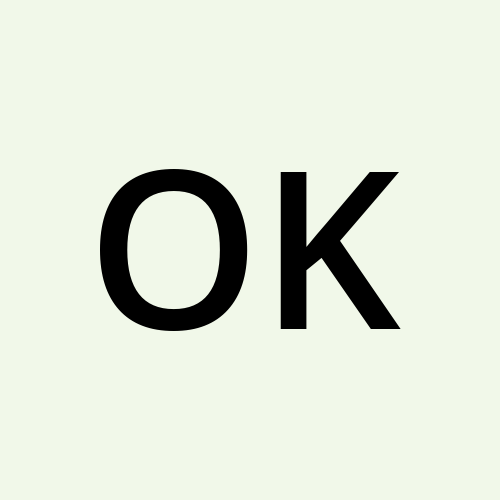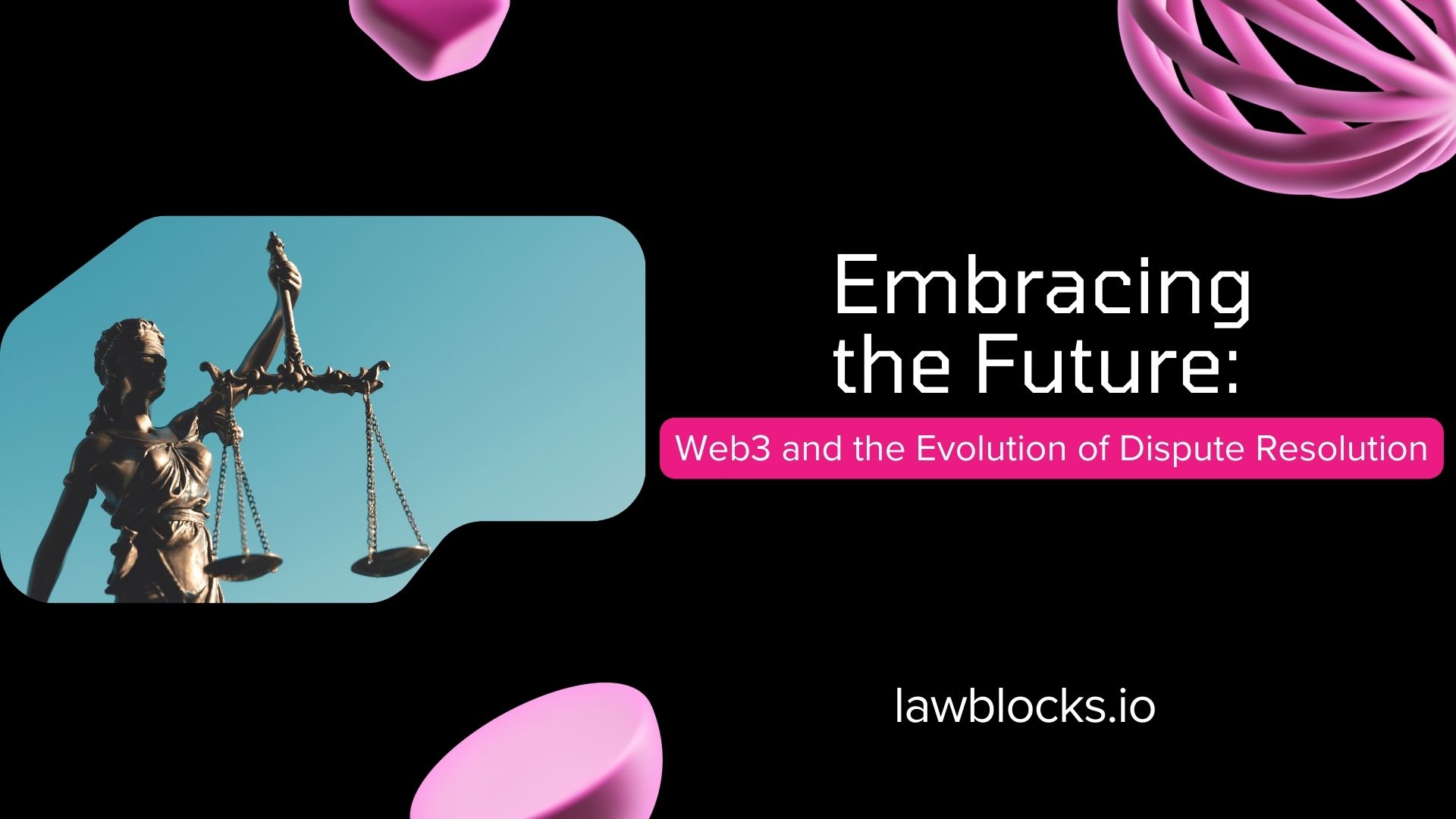Embracing the Future: Web3 and the Evolution of Dispute Resolution
 Olivia kelly
Olivia kelly
The digital revolution has ushered in a new era of connectivity and innovation, and with it, the rise of Web3 – the decentralized web. This paradigm shift is not just transforming how we interact with technology but also how we resolve disputes. Web3-based dispute resolution is redefining the legal landscape, offering unparalleled advantages that promise to reshape our understanding of justice and fairness in the digital age.
The Dawn of Decentralized Justice
At the heart of Web3 lies the principle of decentralization, a concept that is now being applied to dispute resolution. Gone are the days of lengthy court proceedings and the bureaucracy of traditional legal systems. Web3 dispute resolution operates on a peer-to-peer basis, leveraging blockchain technology to ensure transparency, security, and immutability.
The Advantages of Web3 Dispute Resolution
Web3-based dispute resolution systems offer several key benefits:
• Efficiency: Smart contracts automate the enforcement of agreements, significantly reducing the time required to resolve disputes.
• Accessibility: A global network allows for cross-border dispute resolution without the constraints of national jurisdictions.
• Cost-Effectiveness: The elimination of intermediaries and streamlined processes result in lower costs for all parties involved.
• Security: Blockchain's inherent security features protect against fraud and unauthorized alterations, ensuring the integrity of the dispute resolution process.
Law Blocks: Pioneering the Path Forward
As we look to the future, platforms like Law Blocks stand at the forefront of this revolutionary change. Law Blocks is a Web3-based dispute resolution platform that embodies the principles of decentralized justice. It offers an ecosystem for creating, recording, and resolving disputes through Online Dispute Resolution (ODR), Alternative Dispute Resolution (ADR), and Electronic Dispute Resolution (EDR), all within the blockchain environment.
Law Blocks is more than just a platform; it's a movement towards a more equitable and efficient system of dispute resolution. It represents a significant leap forward in legal technology, providing users with a transparent, swift, and affordable way to settle conflicts.
Conclusion
Web3-based dispute resolution is not just a technological advancement; it's a cultural shift towards a more democratic and accessible form of justice. With Law Blocks, we are witnessing the dawn of a new era where disputes are resolved not in courtrooms, but on the blockchain, where justice is not just a concept, but a tangible reality for all.
Subscribe to my newsletter
Read articles from Olivia kelly directly inside your inbox. Subscribe to the newsletter, and don't miss out.
Written by
